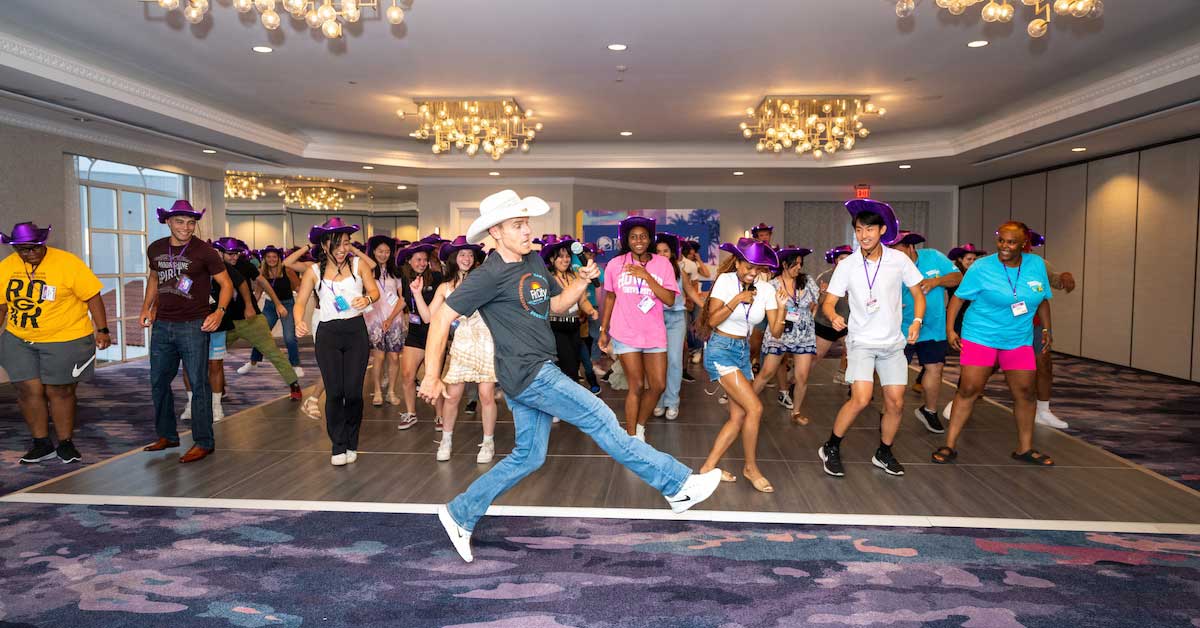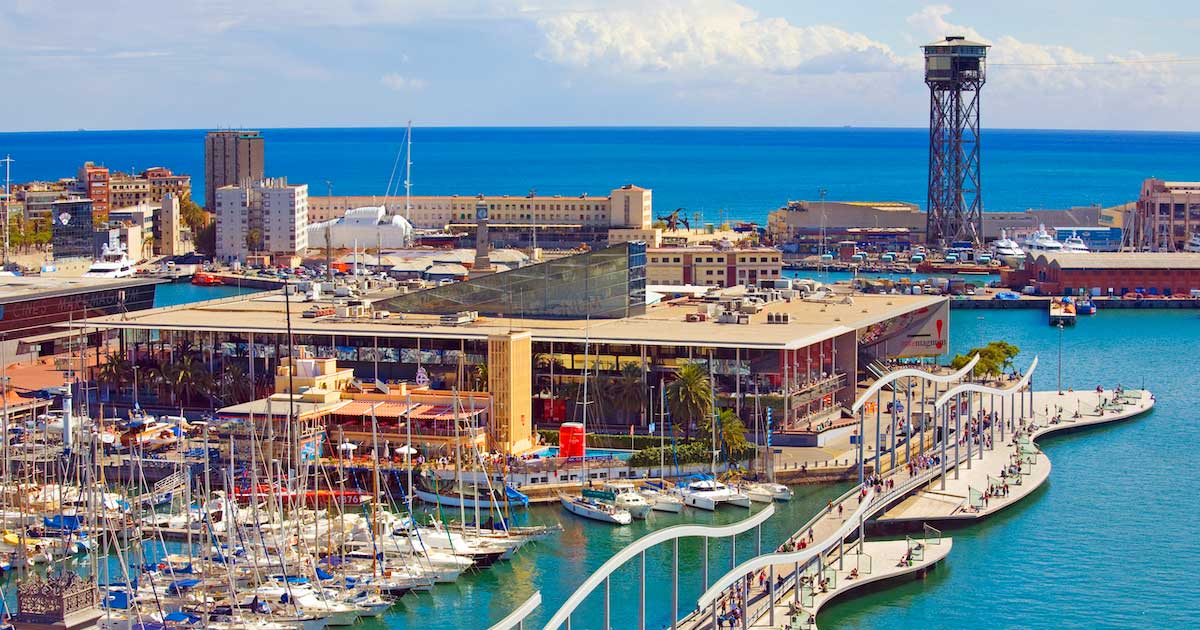The MPI South Florida Chapter held a “Coronavirus Crisis Management” panel on March 13, livestreaming the event due to the large interest from MPI chapters and other industry groups. The panel brought together CVB representatives from the region as well as a lawyer to provide the legal landscape.
Chapter president Patrick Brochu, director of show services for Media Stage, moderated and helped organize the affair, exploring the immediate issues that meeting professionals are experiencing and how they can best go forward.
Brochu led the panel’s focus on three distinct areas of discussion: press relations, law and the response of CVBs, along with some valuable asides throughout.
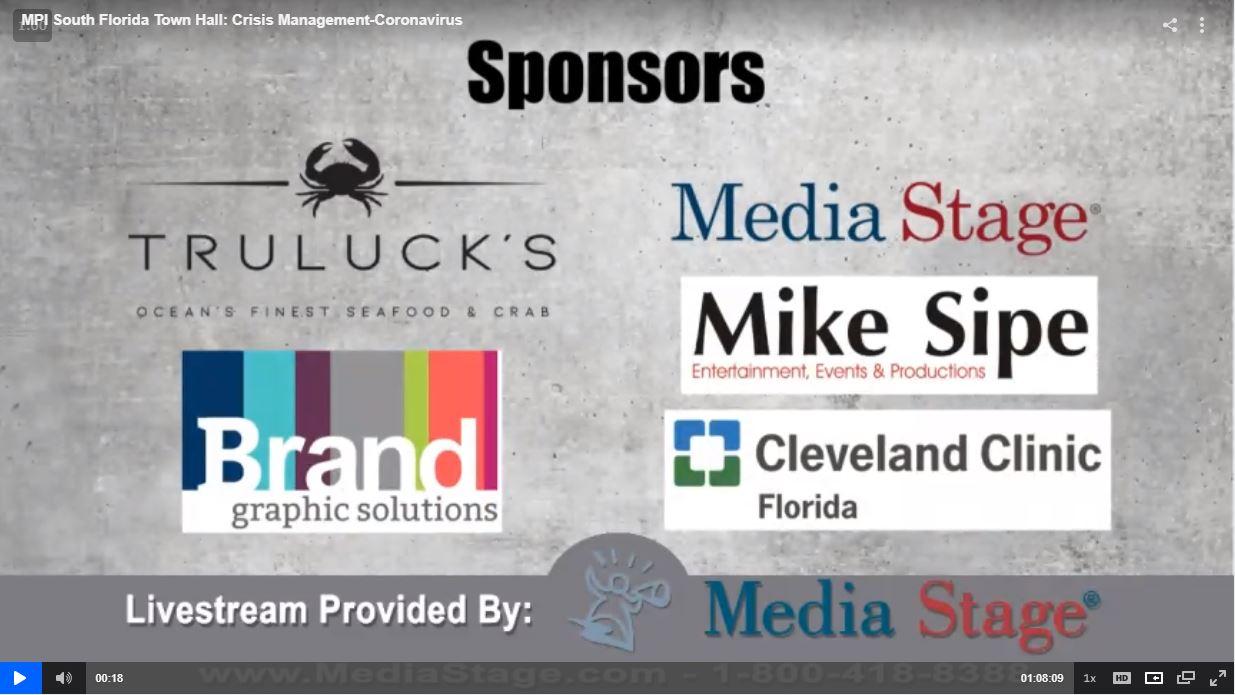
Watch a recording of the panel
Press Relations
“We’re doing our best to pass along information, [but CVBs are] not the creators of the information. The best that we can do is convey the information and make it accessible. I will tell you that things change by the hour,” said Ed Simon, executive vice president for the Greater Fort Lauderdale Convention & Visitors Bureau, when asked about go-to sources of information.
Asked about how to respond to or combat negative media attention on events, Simon explained how the Meetings Mean Business (MMB) Coalition has a campaign designed to show that meetings and events are continuing to take place.
“That message is no longer the same as it was [when the campaign started], but we are still open for business,” he continued, highlighting how quickly the novel coronavirus pandemic and its effect on the meeting industry is evolving.
One way to help show to the public the importance of events is to work with stakeholders to ensure that many can be rescheduled rather than outright cancelled.
One way to help show to the public the importance of events is to work with stakeholders to ensure that many can be rescheduled rather than outright cancelled.
“The business that’s already been affected is mostly over the next six-eight weeks,” said Micah Allen, director of sales, Miami Beach Convention Center. “We are actively trying to shift those events into a time that’s not so busy.”
Sonia Fong, vice president, convention sales, Greater Miami Convention & Visitors Bureau, said it’s too early to tell how long the industry will be impacted. “But in the last week or so, we’ve seen a lot of customers postpone for the next three-to-six months. There’s so much uncertainty, the timeline is hard to tell.”
Meanwhile, most of the cancellations that Simon has seen are for events originally slated to take place in March of the first half of April, “We don’t know how long this may last,” he said, noting that it could be days or even years. “We’re encouraging clients not to make rash decisions [and cancel really far out]. Speak with your [venues] so they know what you’re thinking.”
Law
The greatest amount of dialogue, unsurprisingly, came about when discussing the legal ramifications of clients cancelling, reimbursements and experience dealing with upset clients.
“The law moves at a glacier pace. We’re not going to know the results of this for a year or two years, once the contracts get litigated. We won’t have answers as to what it all means for a couple of years,” said Michael Elkins, attorney and founder, MLE Law. He explained that force majeure in your contracts is by no means a slam dunk for resolving cancellations and rescheduling. “Not all force majeure clauses are written the same. Does it have a governmental shutdown provision? We’re seeing local jurisdictions ban events over a certain number of people—[yet] government shutdown isn’t an act of god, but maybe the pandemic is? I don’t think a lot of force majeure clauses have pandemic written into the language.
“Generally speaking, the more specifics in the contract, the better. My guess is that a lot of force majeure clauses don’t have ‘pandemic’ in them. I think we’re going to see a dramatic change in contract language.”
“Generally speaking, the more specifics in the contract, the better. My guess is that a lot of force majeure clauses don’t have ‘pandemic’ in them. I think we’re going to see a dramatic change in contract language.”
Within this tough legal talk—lawsuits don’t typically help people become successful partners in business—Fong noted the importance of keeping an eye on future business and strengthening, not injuring, existing relationships.
“We’re in the hospitality industry, in the relationship business, so I recommend everyone remain flexible—you never know what business the client could bring you [in the future],” she said. “We had a recent cancellation that already had attendees in town. We quickly provided those attendees with passes to area attractions to elevate their experience even though they didn’t have the meeting.”
Simon noted that some clients are moving spring events to later in the year. As venues give planners flexibility in such changes, in some instances the groups are rebooking during the slower season but at busy season rates—it’s give-and-take, understanding and compromise to help ensure the meeting industry and the relationships on which it is made can thrive.
“We’re all in this together,” Simon said. “There’s no blame, no animosity. I think that does make [the discussions] a lot easier.
Elkins added: “In times like this, we all just need to talk with each other. This is unprecedented; be reasonable with [your partners].”
Brochu recognized that much of what to do in these situations comes down to communications as much has to be decided on a case-by-case basis.
“This is unique, there really is no playbook for this,” Elkins said. “If you have questions, call your lawyer—you need good, individualized advice. At the end of the day, stay reasonable and don’t act on emotion.”
Asked about people doing things they shouldn’t do in this situation, Elkins said, “I’ve seen the opposite; I’ve seen a lot of people trying to do the right thing, trying to work together a lot more than I think they’d be doing in ordinary times.”
CVB Response and Prepping for Recovery
Simon says he’s seeing a lot of work by hotels to help protect attendees—even something as simple as leaving meeting room doors open so that people do not have to repeatedly touch the handles.
“These suddenly low-occupancy times are giving our hotels a chance to give [their properties] a deep clean,” he added. “None of the prevention is anything earth shattering.”
Crises end and our industry will come out on the other side better prepared for such up-ending scenarios.
“This has brought us all more together,” closed Brochu. “As MPI says, ‘When we meet, we change the world.’”
This panel of industry veterans touched on many additional related elements worth learning about—for that, you’ll need to watch the recording.
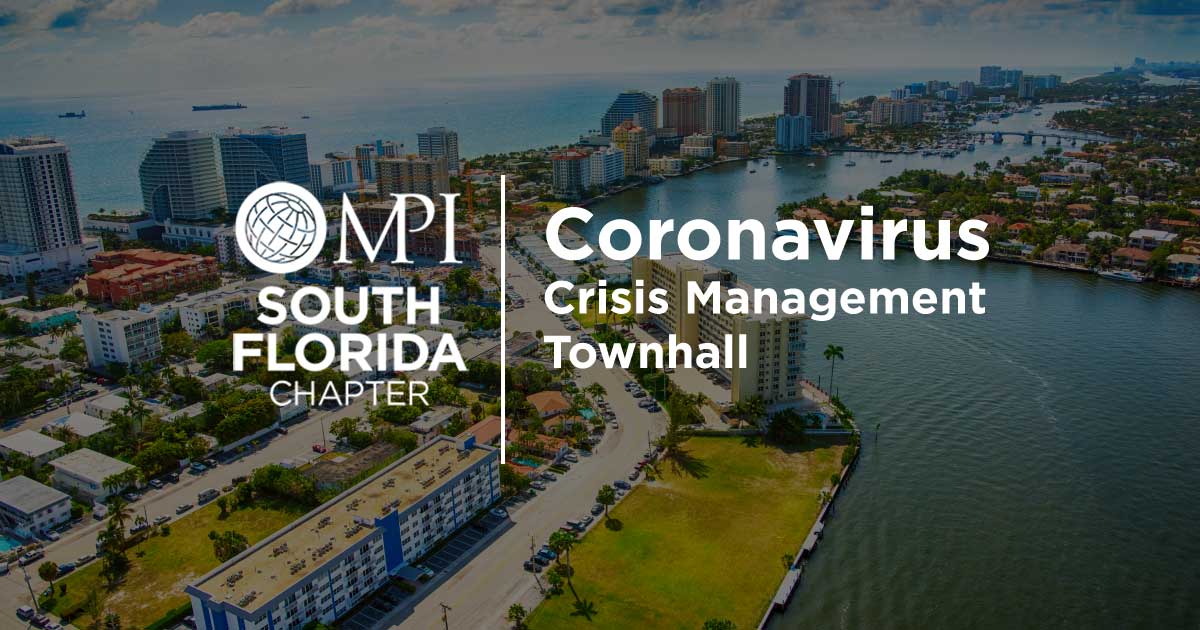

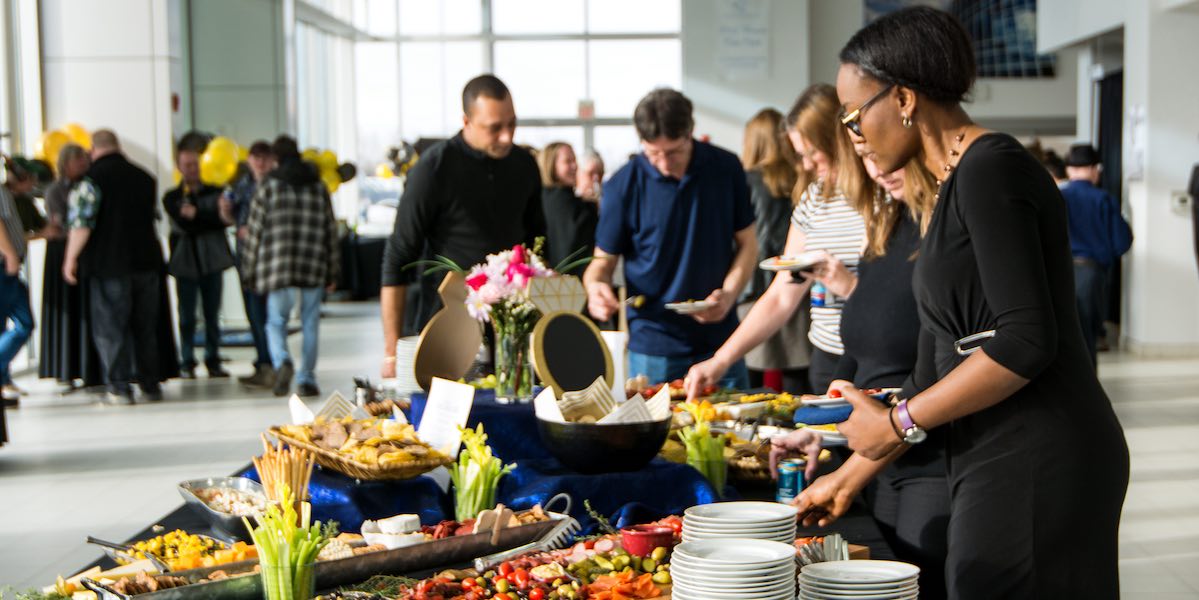
.jpeg?sfvrsn=96553155_2)
